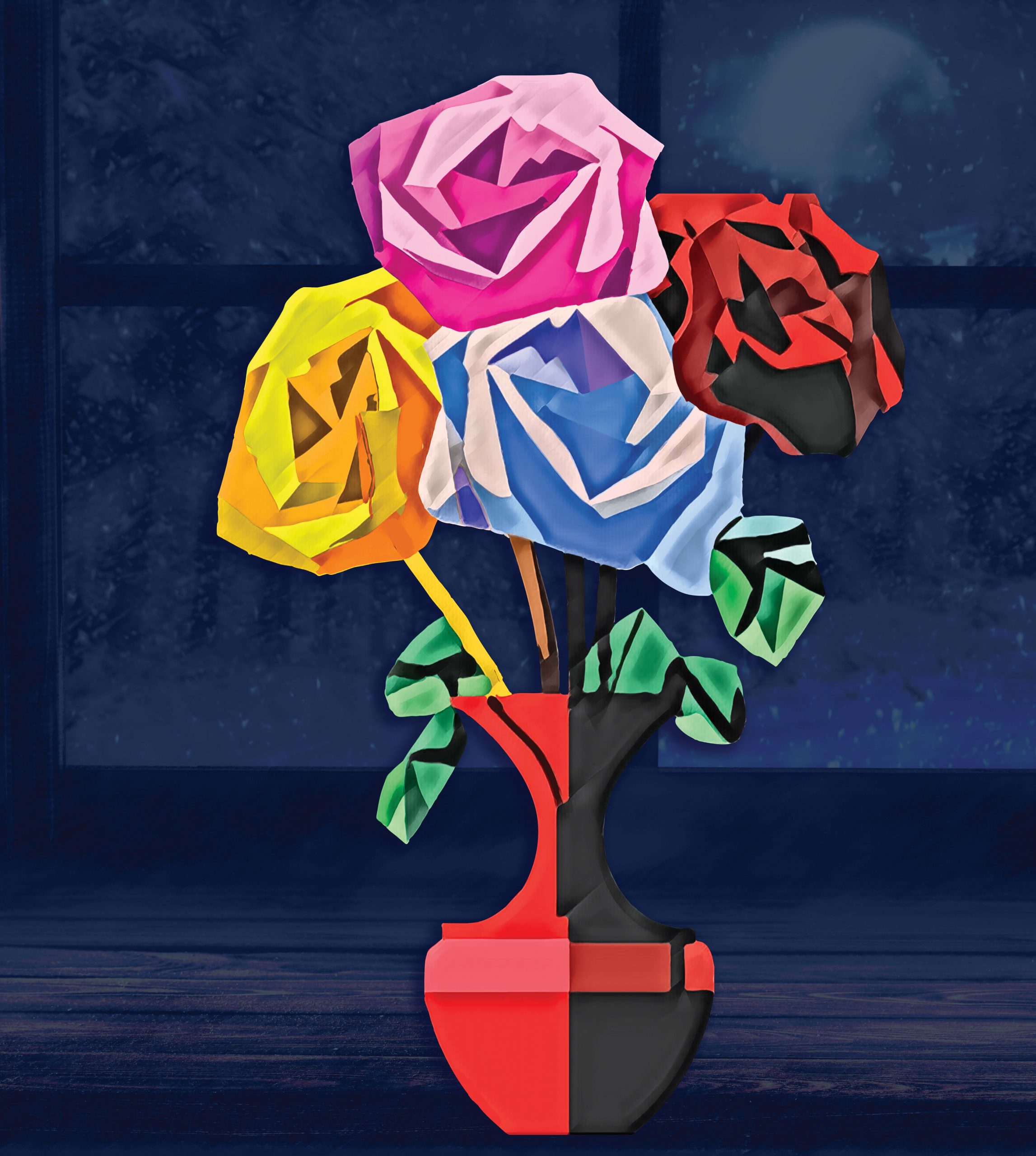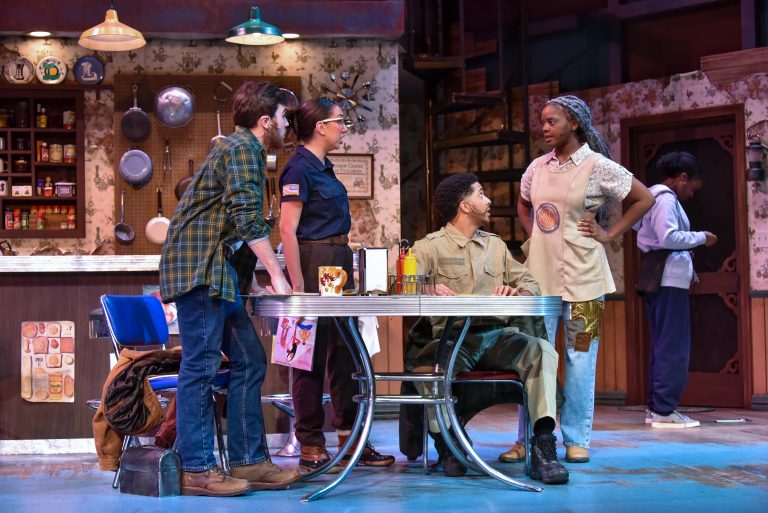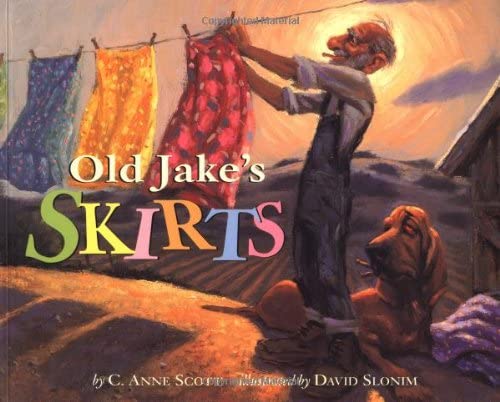“Jo, Tell it Again”
Little Women’s Resilient Characters Never Grow Old
By Grace Elphinstone, Dramaturg
“Even if the world had split apart – that little girl and her monster: together, they felt whole.”
– Jo March, Little Women Act I Scene I
Dreams, identity, and relationships all face a common enemy: growing up. As time passes, everything familiar soon surrenders to the ever-present change of adulthood responsibilities. Meg, Jo, Beth, and Amy, the timeless characters of Little Women, famously explore what it means to grow through life together with one’s siblings, and how we are forced to accept the inevitability of change as time distorts certainty and strains relationships.
“You get the privilege of growing up, so use it!”
– Beth March, Little Women Act II Scene 9
Set in 1860s Massachusetts, Little Women has been adapted time and again for over a century. The original 1868 novel by Louisa May Alcott was revolutionary and provided readers with a window into the lives of four growing American sisters, each with artistic dreams of their own. Unlike other “women’s literature” of the time, Alcott’s tale had a sense of realness that was relatable to girls and women everywhere and established the importance of women’s autonomy in their own lives and ambitions.
“So be what you are, Josephine. And live with the consequences.”
– Amy March, Little Women Act II Scene 3
In 2018, playwright and actress Kate Hamill took it upon herself to revamp the Alcott story and apply it to America’s struggles and values of today. Hamill is known for rethinking “classics” with a feminist twist, with previous adaptations including stagings of Jane Austen’s novels and Dracula. She often emphasizes the importance of societal issues that impact the characters in both the story setting and today’s world, which translates phenomenally through her adaptation of Little Women.
“Jo. I’m the Marmee now.”
– Meg March, Little Women Act II Scene 4
Emerson Stage’s 2023-24 season theme revolves around a hunger for self-expression and authenticity. Growing up in today’s America presents uniquely complex challenges, and Hamill’s adaptation highlights the journey of balancing one’s identity, dreams, and financial stability whilst still maintaining Alcott’s original characters and message.
How do we navigate the exploration of our own identity while the ticking clock of adulthood looms over our dreams?



